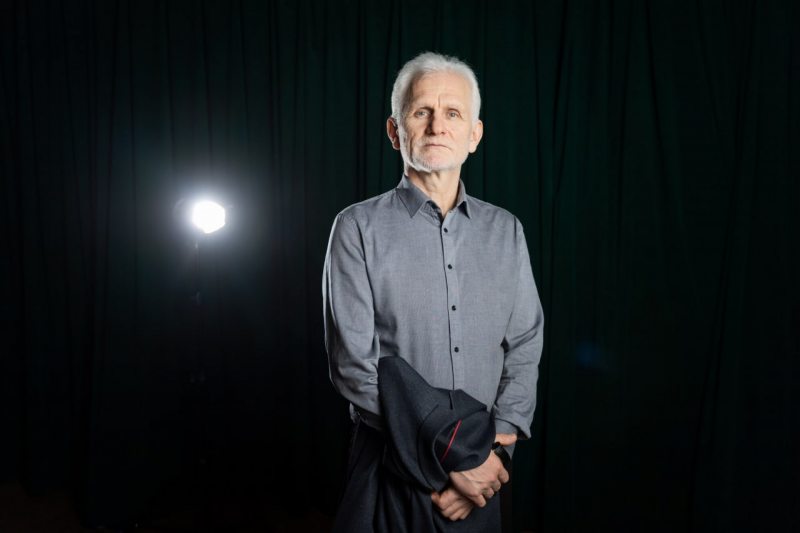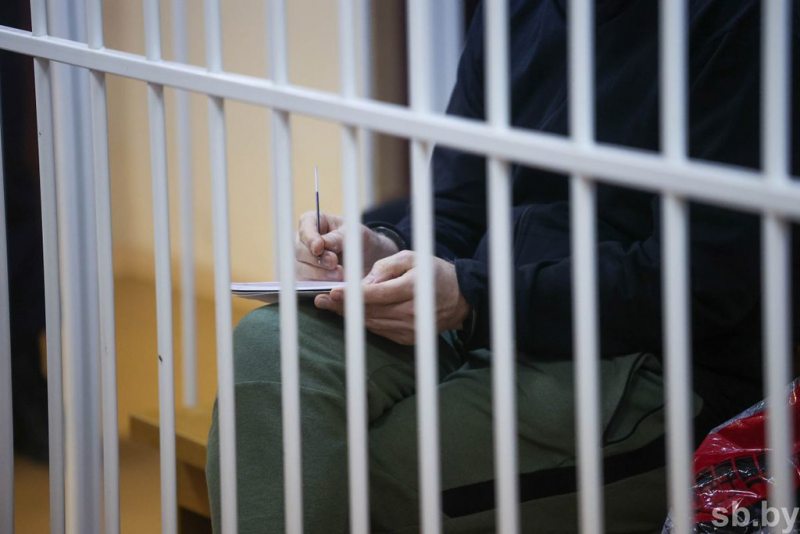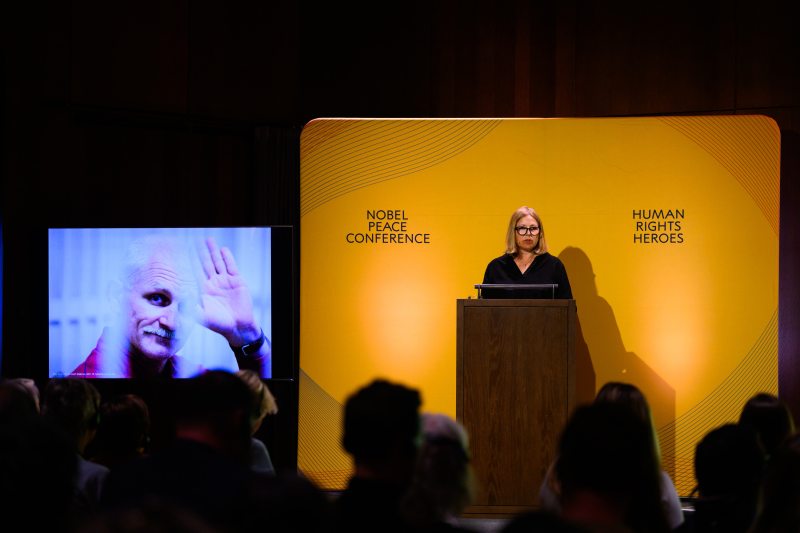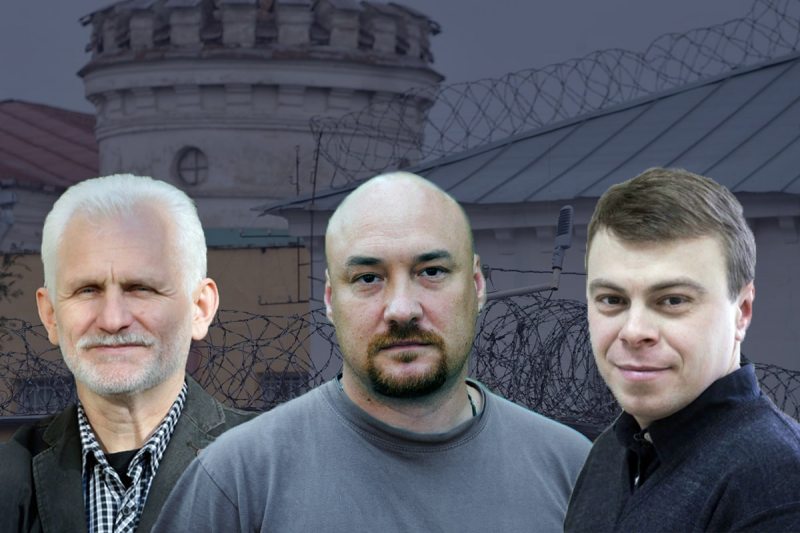UN finds Nobel Peace Prize laureate Ales Bialiatski’s detention in Belarus violates international law, demands his immediate and unconditional release
On July 18, the UN Working Group on Arbitrary Detention published a document which recognizes the imprisonment of the founder of Viasna Human Rights Center, Nobel Peace Prize laureate Ales Bialiatski, as a violation of international law and demands his immediate and unconditional release, as well as according him the right to compensation and other reparations, in accordance with international law. Ales Bialiatski, sentenced to 10 years of imprisonment, has been behind bars for more than three years.

- Ales Bialiatski. Photo: @rightlivelihood
In its judgment, the Working Group found Bialiatski’s detention to be arbitrary for several reasons. First, “by failing to address specific facts or to consider alternative preventive measures and by relying essentially on the gravity of the charges, the authorities failed to properly justify Mr. Bialiatski’s pretrial detention, which lasted approximately two years.” Additionally, at hearings in the case against him, Bialiatski was denied the right to be physically present.
Second, “the basis for the arrest and subsequent detention of Mr. Bialiatski was his exercise of freedom of expression and freedom of assembly.”
Third, he “was not tried by an independent and impartial tribunal,” but rather a tribunal which included a presiding judge previously sanctioned by the European Union for issuing politically motivated rulings against peaceful protestors. In these proceedings, Bialiatski was “deprived of effective legal representation.” Recall that it was judge Maryna Zapasnik who delivered the verdict in the Viasna case.

- Ales Bialiatski during the trial
The Working Group also concluded that Bialiatski’s right to the presumption of innocence was violated both by statements made by key government officials and by the fact that he was forced to sit in a metal cage during the trial, which may have biased the judges by portraying Bialiatski as “significantly dangerous and warranting such stringent physical confinement.” The Working Group also noted a “clear pattern of attitude displayed by the authorities towards Mr. Bialiatski on the basis of his political opinion and him acting as a human rights defender.”
Moreover, the Working Group concluded that he was denied the right to communicate with and be visited by his family, the document says.
In recognition of these facts, the Working Group concluded that the necessary remedy would be “to release Mr. Bialiatski immediately and accord him an enforceable right to compensation and other reparations, in accordance with international law.” In addition, The Working Group urged the government of Belarus to ensure a full and independent investigation into the circumstances of Bialiatski’s deprivations of liberty, including measures of accountability for those involved.
"I urge the international community to use this judgment to fight for Ales’ return to his life, his family, and his work."

- Natallia Pinchuk
Natallia Pinchuk, Aleksandar Bialiatski’s wife, said:
“Ales remains wrongly detained in Belarus, far from family, deprived from medicine he needs, and living day to day in inhumane conditions. I welcome the Working Group’s judgment and call on the international community to take further to secure his release and that of the other political prisoners of Belarus. Ales has worked so hard throughout his life to fight for democracy and human rights.
I urge the international community to use this judgment to fight for Ales’ return to his life, his family, and his work. The future of Belarus depends on it.”
"His detention is unjust, illegal, and cruel"
Jared Genser, international counsel for Mr. Bialiatski, said:
“Ales has been an outspoken advocate and fighter for human rights and democracy in Belarus and beyond. His detention is unjust, illegal, and cruel. I welcome the Working Group’s judgment and demand Ales’ unconditional and immediate release, and the immediate release of all political prisoners in Belarus.”
The UN Working Group on Arbitrary Detention is an independent and impartial body consisting of five members appointed by the UN Human Rights Council. The Working Group has the authority to investigate and issue legal opinions about alleged cases of deprivation of liberty imposed arbitrarily. Bialiatski's case is part of a series of cases that the Working Group investigated in connection with the undemocratic presidential elections of 2020 in Belarus and the subsequent large-scale wave of arrests and detentions of opponents of Lukashenka's regime.

The Observatory for the Protection of Human Rights Defenders and Viasna demanded the release of their colleagues

















